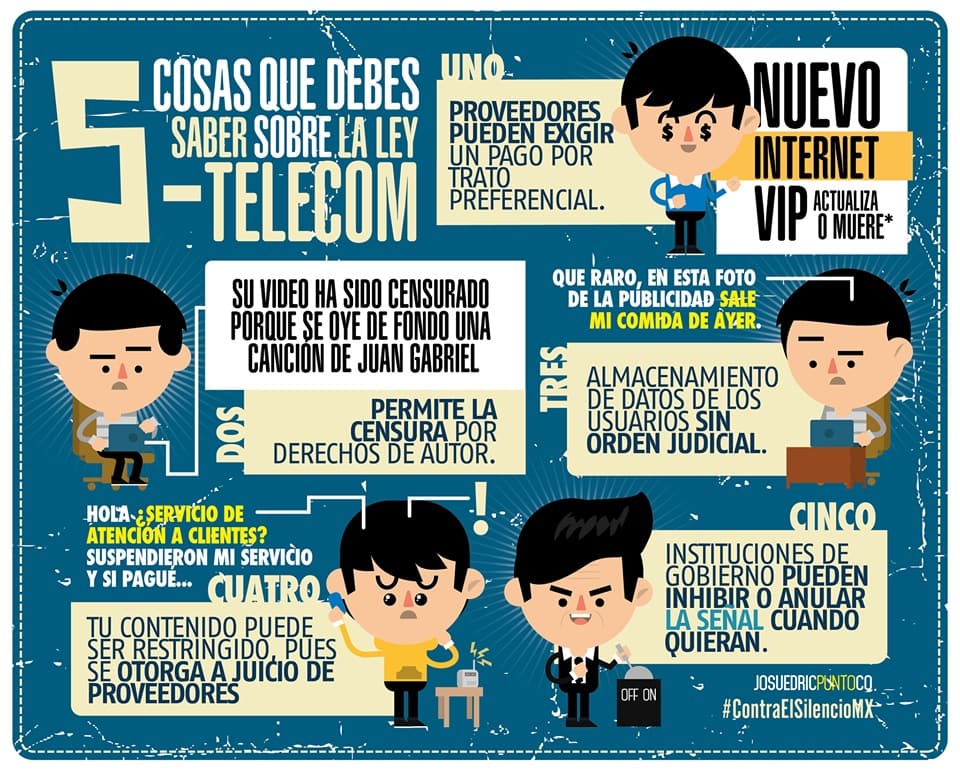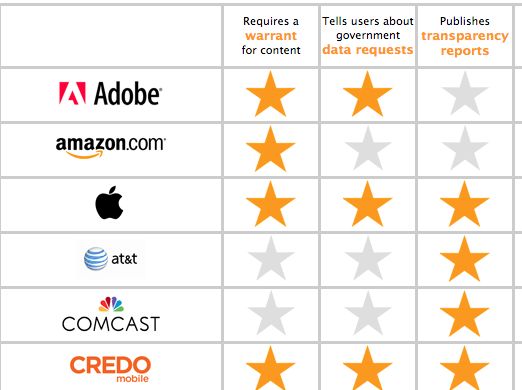Articles by Electronic Frontier Foundation (EFF)

Defamation suits used to bludgeon Southeast Asian bloggers and independent press
It is time for Malaysia, Singapore, Thailand and the other countries of Southeast Asia to stop misusing defamation law to quell public comment on the performance of governments and public officials, says EFF.

Dating site in U.S. fights trademark claim from Mormon Church
The Electronic Frontier Foundation urges a federal judge to quickly resolve a dispute over the use of the term “Mormon” in an online dating site, arguing that extended litigation based on a frivolous claim could bury a small business in its infancy.

34 international experts weigh in on mass surveillance on Snowden anniversary
A year to the day after Edward Snowden first revealed how governments are monitoring individuals on a massive scale, the international experts who supported the Necessary and Proportionate Principles have issued a press release containing quotes from professionals weighing in on the need to end the mass surveillance.

Governments urged to preserve fundamental freedoms in the age of mass surveillance
Almost a year after the Snowden revelations, little to no progress has been made in ensuring that surveillance practices meet international legal standards. A new report by ARTICLE 19 and EFF shows that mass surveillance laws must be overhauled as a matter of urgency.

Spanish firm abuses copyright act to silence critics of Ecuador’s government
A shady law firm in Spain called Ares Rights has been sending Digital Millennium Copyright Act takedown notices on behalf of several Ecuadorian state officials, targeting documentaries, tweets, and search results.

#LeyTelecom: Why Mexicans have been taking to the streets
Outraged by a new communications law, Mexicans showed how much their rights mean to them.

Looking back one year after the Edward Snowden disclosures – An international perspective
Ahead of the upcoming one year anniversary of the Edward Snowden revelations, it’s clear that we need to update both our global technical infrastructure and local laws, consistent with long-standing international human rights standards, in order to regain any reasonable degree of privacy, EFF argues.

New “Who Has Your Back” report shows Internet companies competing on privacy
EFF was pleased to find that, in a year rocked by high-profile disclosures of NSA spying reaching into our online accounts, many Internet companies have responded by increasing their commitment to transparency, pushing back against mass surveillance, and fighting for their users.
